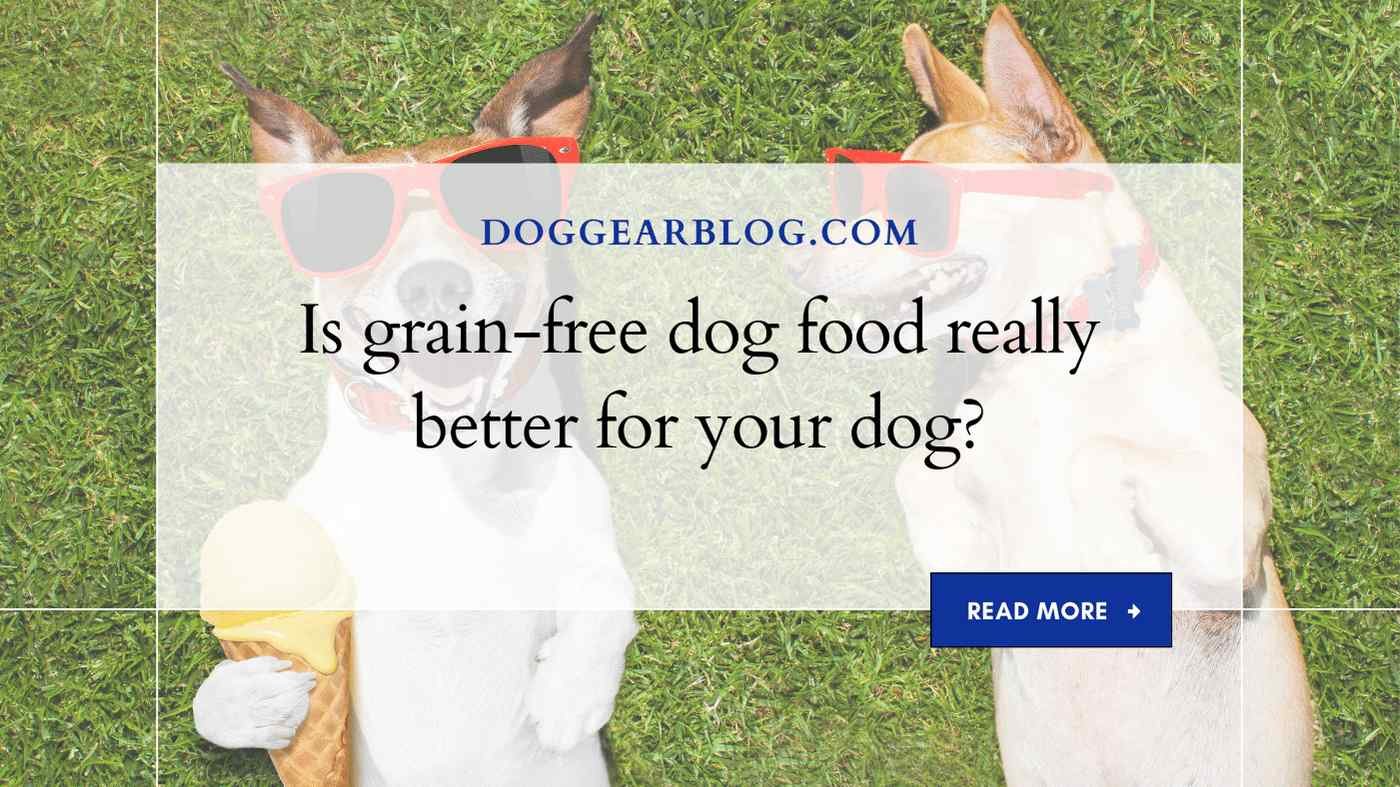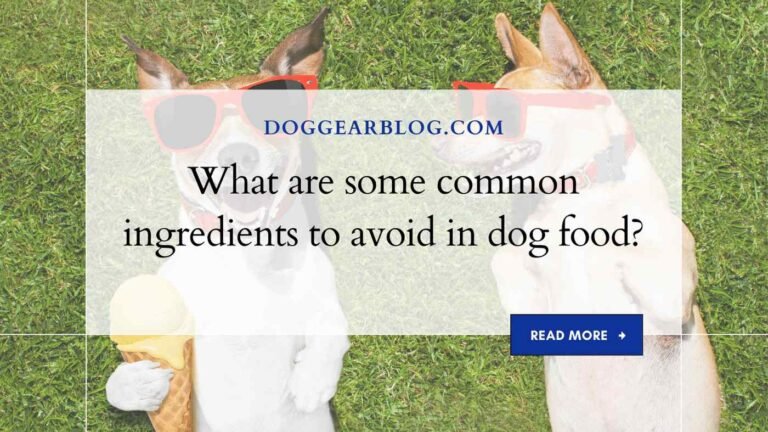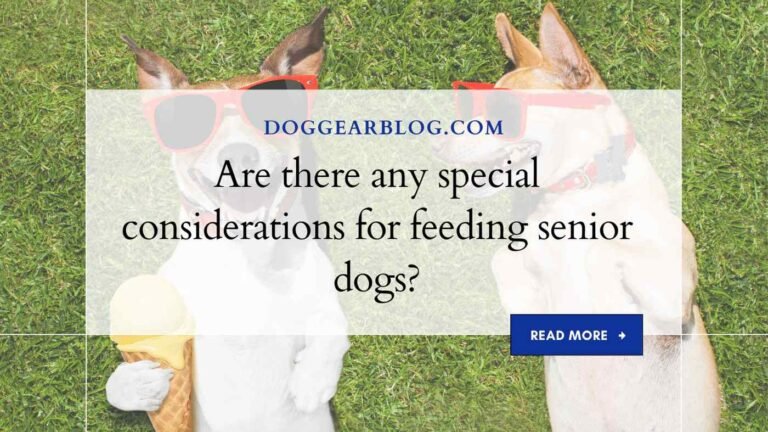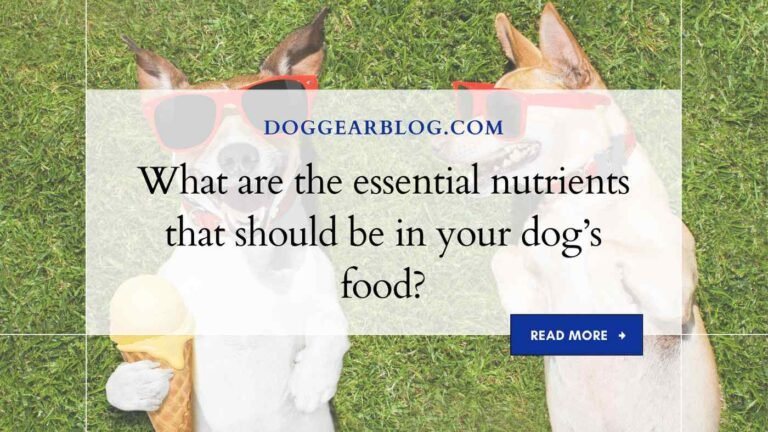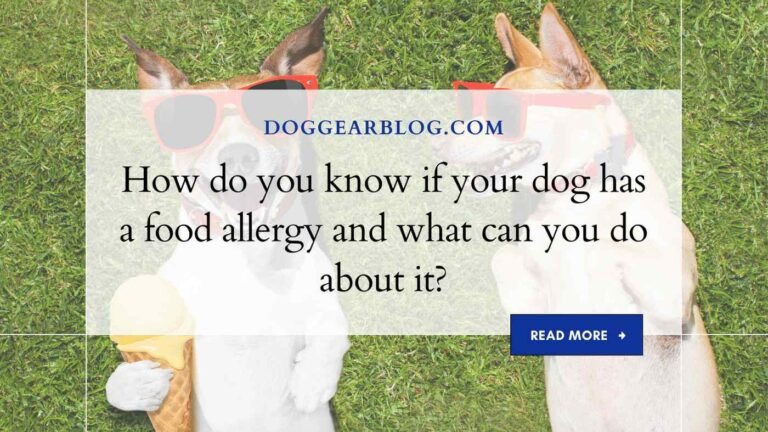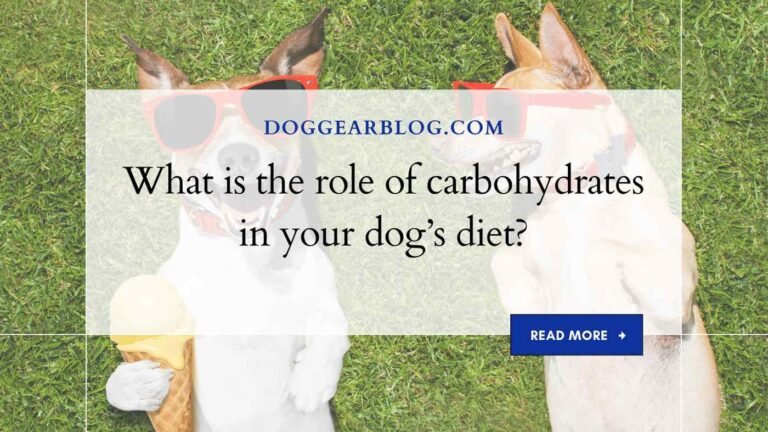Is grain-free dog food really better for your dog?
As dog owners, we want nothing but the best for our furry friends. From their food to their toys, we strive to give them the happiest and healthiest lives possible. Lately, there has been a lot of buzz about grain-free dog food – many believe it to be the key to optimal nutrition and improved health for our pups.
But with so many conflicting opinions and information out there, it’s hard to know what’s true and what’s not. So today, we’re going to dive into this hot topic: Is grain-free dog food really better for your dog?
What is grain-free dog food?

When it comes to choosing dog food, some people may opt for a diet that is grain-free. Grains are a main source of carbohydrate and many believe that these types of diets can be better for pets…
While grains are not the only type of carb your pup can enjoy, they are a popular one. And there are good reasons why: First of all, grains are high in fiber which means they help regulate digestion. In addition, grains offer your dog some key vitamins and minerals such as thiamin (B1), niacin (B3), phosphorus, vitamin B12 and iron.
Norwegian Forest cats typically eat more than 20 percent of their body weight in dry matter each day – this includes [grains] like wheatgrass and rice kernel or any other whole grain they might find.
So while grain-free diets may not be right for every pup out there, it’s definitely worth considering if your dog is displaying certain signs that suggest they’re not getting enough nutrients from his regular food.
What are the benefits ofgrain-free dog food?
There is much debate around what is the best diet for a dog, with many people opting for grain-free food as it supposedly has a range of benefits. Grain-free dog food, which is made without any grains including wheat, barley or rye, has been touted as being better for your pet because it is allegedly easier to digest and contains less allergens.
Some people believe that grain-free diets are beneficial for both dogs and their owners because they are claimed to help with weight loss,Tile disease prevention and skin problems such as allergies. Many grain-free dog foods also come fortified with vitamins and minerals which can improve the health of your pet.
Are there any risks associated withgrain-free dog food?
There are a few risks associated with feeding your dog a grain-free diet. First of all, grain-free diets lack the essential fatty acids and proteins that may be crucial to their overall health. These deficiencies can lead to a number of health problems, including skin issues, joint pain, and gastrointestinal issues.
Second, because grain-free diets are typically low in calories, your dog may become overweight or obese if they aren’t properly supervised. Grain-free diets may not provide enough nutrients for your dog’s growing puppy stages. Feeding your pup a dietrich in protein and essential fatty acids from an early agewill help ensure that they develop into healthy adults.
Benefits of grain-free dog food for your dog
Grain-free dog food is often touted as being better for your dog because it does not include grains. A grain-free diet is thought to be beneficial for your dog in a few ways. It can help keep your dog’s weight under control, because grains are high in calories and can easily contribute to obesity.
Grain-free diets have also been linked with a decreased risk of some types of cancer, including prostate, breast, and colon cancer. And they’re known to promote overall health by providing your dog with essential vitamins and minerals that he or she may not get from other types of food.
Risks of grain-free dog food for your dog
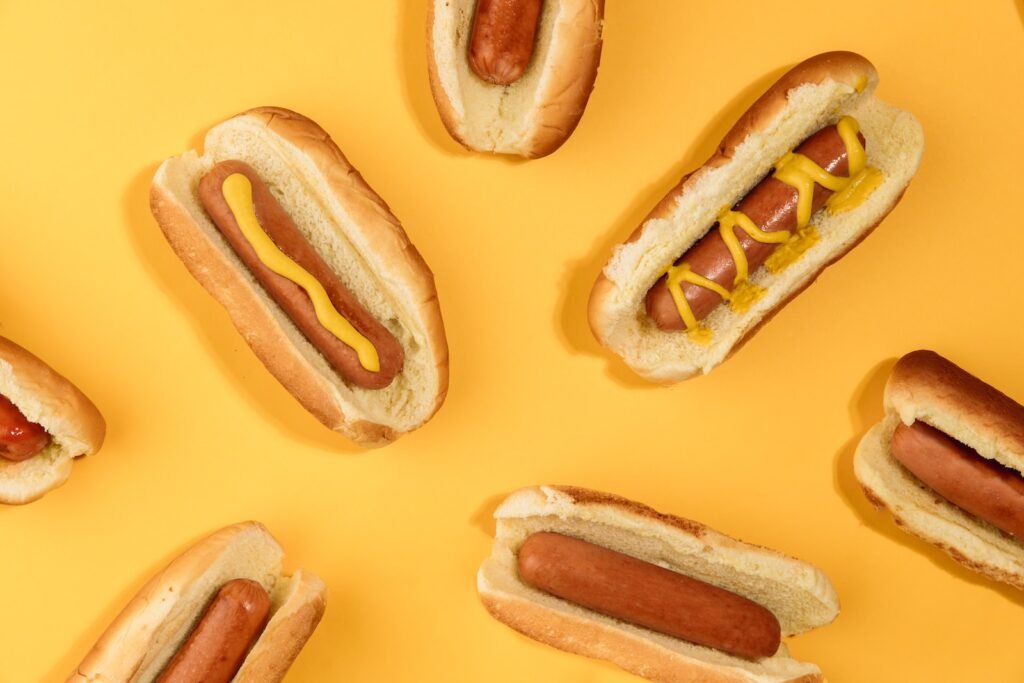
grain-free dog food brands are gaining popularity as many pet owners believe that this type of food is better for their dogs’ health. However, there are some risks associated with feeding your dog this type of food.
The most common risk of grain-free dog food is that your dog will not get the essential nutrients they need. Grain-free diets are high in meat and low in carbohydrates, which can be harmful to your dog’s health if they aren’t balanced. Not getting enough vitamins and minerals can lead to problems like weight gain, diarrhea, poor energy levels and much more.
Another risk of feeding your dog a grain-free diet is that they may develop intestinalissues if their diet isn’t properly balanced. Without fiber from grains, dogs may become constipated and have difficulty passing stools.
This can lead to serious health consequences like blockages in the intestine which can cause death. Feeding a grain-free diet without Including complex carbs may also result in lack of micronutrients such as vitamin B12, iron and magnesium, putting your dog at risk for deficiencies in these important nutrients too.
Grain-free dog food benefits for dogs
There are many benefits to feeding your dog grain-free food. Grain-free diets are low in carbohydrates, which can help to reduce the risk of diabetes in dogs. They’re also high in fiber, which is beneficial for both your dog’s health and digestion. In addition, grain-free diets are low in saturated fat and cholesterol, making them a good choice for dogs with heart health concerns.
Of course, grain-free diets are not for every dog. If your dog has a history of eating grains, he may not be able to tolerate a grain-free diet. Likewise, if your dog is overweight or has any other health concerns, it’s important to consult with a veterinarian before starting a grain-free diet.
Grain-free dog food disadvantages for dogs
Grain-free dog foods are typically high in protein and low in grains, which can be beneficial for your dog. However, grain-free diets can also have disadvantages. Some of these include that they are not as satiating as regular dog foods, which can lead to overeating and weight gain; they may also be deficient in certain essential nutrients, such as fiber, vitamins and minerals.
Additionally, some grain-free dog foods are made with byproducts or meat scraps, which can contain harmful compounds such as pesticides and toxins. If you’re looking for a nutrition plan for your pup that includes meat, then a grain-based diet may be a better option.
Grain-free dog food verdict
There is a lot of talk lately about grain-free dog food, with many people touting it as the best type of food for their pet. Is this really true? What are the benefits of feeding your dog a grain-free diet? Let’s take a closer look.
Feeding your dog a grain-free diet can be beneficial in a few ways. First and foremost, dogs who are on grain-free diets typically have less health issues than those who eat traditional diets. They tend to have fewer allergies and digestive problems, and they often have lower blood pressure levels and better cholesterol readings.
Grain-free diets also help to reduce the risk of obesity in dogs. Middle Eastern breeds in particular are prone to becoming overweight if they don’t get enough exercise—a problem that can be solved by switching them over to a grain-free diet.
Another major benefit of feeding your dog a grain-free diet is the quality of their coat. If you’re like most Dog Parents, you care deeply about how your pet looks and feels. Feeding them a high-quality foods will not only make them look good, but it will also help keep their coats healthy and shiny.
Plus, dogs don’t require as much food as humans do, so sections which would normally go towards their nutritional needs end up being put towards building muscle instead – something that’s important for all types of dogs!
Conclusion
There is a lot of conflicting information about grain-free dog food and whether it’s actually better for your dog. Some people claim that it’s healthier for their pet, others say there are no benefits to choosing this type of diet. Ultimately it comes down to what you believe works best for your four-legged friend.
If you think grain-free is best for them, by all means go ahead and feed them this type of food. However, if you have any concerns or doubts about whether grain free is the right choice for your pup, consult with a vet first to get their opinion. With so much information out there on grain free diets, the truth is likely somewhere in the middle – which could be good news for both you and your furry friend.
